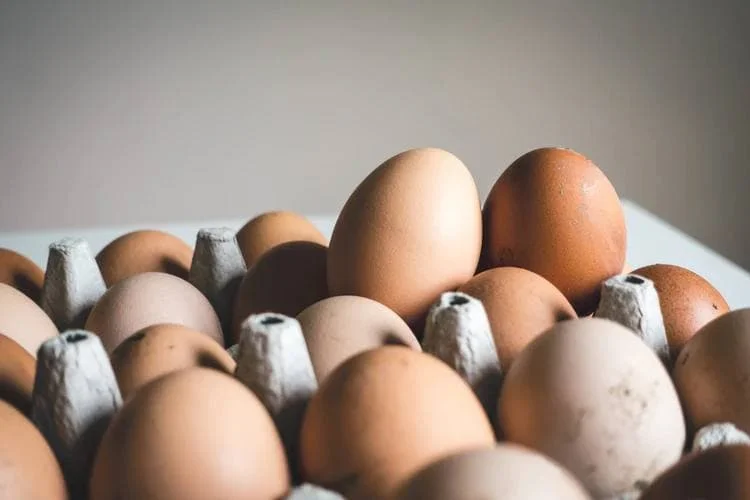There has been a debate on the Internet for a long time: is it necessary to wash eggs before cooking in order to avoid contracting salmonellosis, or, on the contrary, should this not be done under any circumstances? We checked how you should actually behave with chicken eggs to reduce the risk of disease.
Various publications are full of headlines stating that chicken eggs must be washed before cooking - how "Arguments and Facts", and "RIA Novosti" In all cases, such advice is based on the fact that chicken eggs can be infected with salmonellosis, which means that it is necessary to wash them before cooking, or even better, do it with soap:
“It should be taken into account that the carrier of salmonella is the laying hens, and not the eggs themselves. Thus, the infectious agent can only be on the shell. And if the egg is fresh and the shell is not damaged, then the danger comes from contact with the shell, and not with the egg itself, - quote “Arguments and facts” by Mikhail Lebedev, medical expert at the Center for Molecular Diagnostics of the Central Research Institute of Epidemiology of Rospotrebnadzor. — Therefore, before cooking, eggs must be washed with warm water and soap. Washing will not help if the egg itself is infected, and not just the shell. This is possible if the shell is damaged, sometimes even invisible to the eye. And then heat treatment comes to the fore. You need to cook the eggs for at least 15 minutes from the moment they boil; the scrambled eggs (or omelet) need to be fried on both sides.”
Salmonellosis is an acute intestinal infection caused by bacteria of the genus Salmonella. The main method of transmission of this infection to humans is through animal waste products, including chicken eggs. It is precisely because poultry is often involved in the transmission of this infection, and chicken eggs pose a particular epidemiological danger, that a debate has flared up: to wash or not to wash?
In fact, although on different forums, V social networks and even in Media There are regularly statements that eggs need to be washed before cooking, majority disease control organizations recommend don't do this. Paradoxically, it is precisely because possibilities salmonellosis infection.
It's all about the eggshells. It has special protective mechanisms that prevent infections from entering the embryo. And when washing eggs, one of these layers wears off, exposing the eggs to an even greater risk of contamination.
In fact, infections in bird eggs are one of the main dangers to embryos. The shell of eggs is riddled with pores, but through them not only air, but also microbes enter the embryo. Once on the eggshell, microbes multiply and penetrate inside. That is why eggs are equipped with very strong means of protection (exist even species of weed chickens that lay eggs in compost heaps and they survive there thanks to these mechanisms).
The egg's protection is complex: it is the protein, the shell and the cuticle on the surface of the shell. It is the cuticle that can be destroyed when washed, opening the way for microbes accumulated outside to enter the egg.
About how humanity faced this issue in detail writes in his book “The Most Perfect Thing in the World. Inside and Out of a Chicken Egg by Tim Burkhead. The problem of washing came to light when, during the development of large-scale egg production in the 1960s, companies washed eggs en masse in an attempt to remove sources of infection from the shell before the product reached the market. But the situation only got worse: precisely because the very top layer of the shell was being erased. “If the temperature of the moisture covering the shell is lower than the temperature of the egg itself, microbes are drawn into the pores as the egg dries,” Burhead explains.
For the same reason, you should not wash eggs after you come from the store and are going to put them in the refrigerator. Instead of preventing egg contamination, washing it only promotes it.
As a result, the problem was solved in America by creating a more complex washing and drying system (with different temperatures). And in the European Union, washing eggs was banned for the reason that they are safer without being washed. But it is better to refrain from eating eggs with apparently damaged shells: microbes could have gotten into them with a high probability.
Not true
- Tim Burkhead. “The most perfect thing in the world.” Book chapter
- Why you should never wash fresh eggs before cooking them
- Should you wash eggs before boiling: an expert explains
- Antimicrobial shell
If you find a spelling or grammatical error, please let us know by highlighting the error text and clicking Ctrl+Enter.







